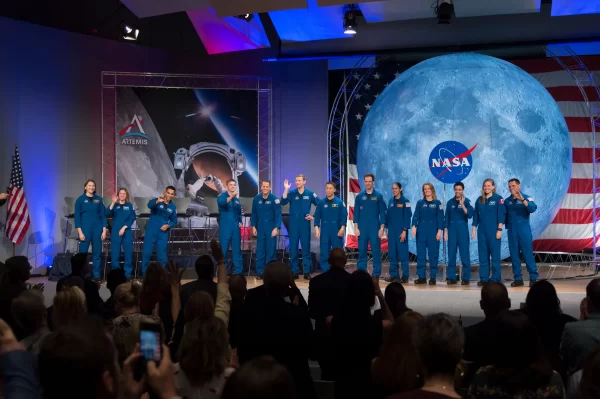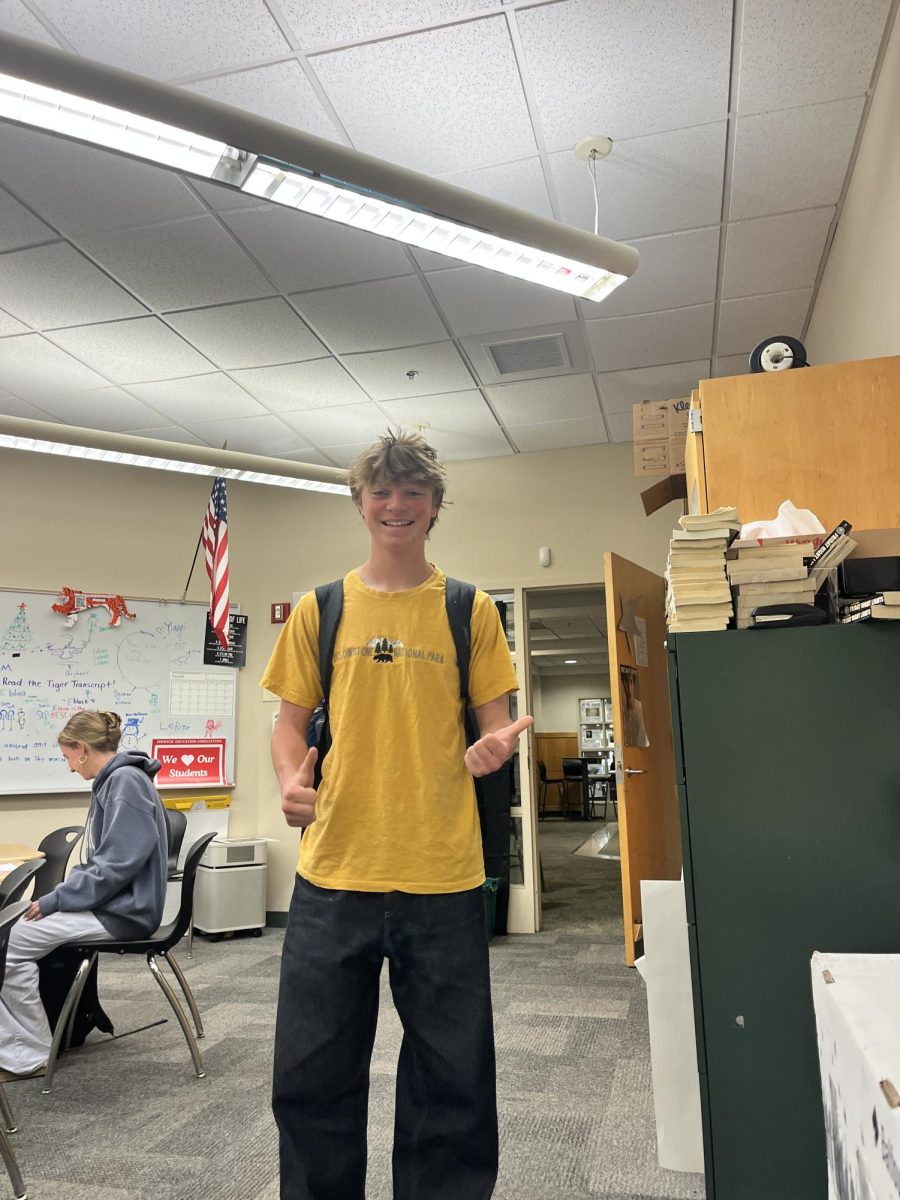I’m willing to bet that all of you have looked up and seen the moon in the night sky. Most just look away a moment after; after all, it’s just a moon. Space is just space, right? It’s just an empty place outside of our planet. What’s so special?
The technology manufactured by NASA and other companies is not only intriguing to see develop, but also taken for granted, as space programs contribute to a variety of other sciences that not only improve our understanding of our own planet, but also contribute to day to day life. Perhaps the most important example of what seems like just a cool event but is also something fundamental for society are moon missions, with 2024 having three planned missions to return to the moon in the first half of the year. The Apollo Space Program plans to launch its IM-1 spacecraft in mid-February, with Japan’s Aerospace Exploration Agency already launching its “moon sniper” on the 19th of January.
Gathering intel on the moon is far more than just bringing back souvenirs; it’s to act as a stepping stone to eventual Mars and Venus exploration. Exploring Mars is critical for life outside of Earth, with there being theories that life lies beneath the surface of Mars, as well as in the atmosphere of Venus. It’s important to keep an eye on Mars in particular, as it could be a candidate for a second planet to inhabit if anything happens to Earth in the distant future.
Mrs. Latimer, the Earth and Space teacher at IHS, had this to say: “Mars exploration is super exciting for a lot of reasons. One reason is just the joy of knowing…People are like, ‘why do you want to know this?’ Well, knowing in itself is fabulous. Another reason is understanding our planet…if we understand more about the biosphere, we can understand a lot of things-not only about how we got here, but perhaps more about how to sustain life on our planet as things are getting worse and worse due to climate change.”
In addition to working on discovering inhabitable planets, space programs can provide plentiful opportunities to help people engage in the space field more. Most think that working at NASA is simply just being an astronaut or a technician, but there are plentiful jobs that are not only secure, but require a variety of fields, sure to appeal to a wide audience of people. Mrs. Latimer reported that, “NASA needs people all the time. They need accountants, they need custodians, they need human services, they need people with psychology degrees, people with law degrees. They need everybody; I wish I could have a student go work in NASA but so far, there are none to my knowledge.” In addition to employment opportunities, there are also items we use in daily life that came from the space program, with “wireless headsets, LED lights, portable cordless vacuums, advances in GPS technology, better freeze dried foods, and memory foam” all being attributed to the space program, Mrs. Latimer added.
So, what’s the point? Sure, space is cool, but why should people appreciate it more? Space exploration and what it’s done for humanity is something that’s taken for granted to an egregious degree; it ties into so many factors in living, whether it’s simple innovations we use in our lives to working on securing the fate of the human race. To gain a better understanding of what’s outside our planet is to keep ourselves updated with information that will come in handy not just in the future, but also actively keeps us safe. Next time you catch yourself looking up at the moon, try to keep in mind that all of these fancy spacecraft and probes aren’t just for show. We’ve always been tied to space. After all, we’re all made of stardust.






